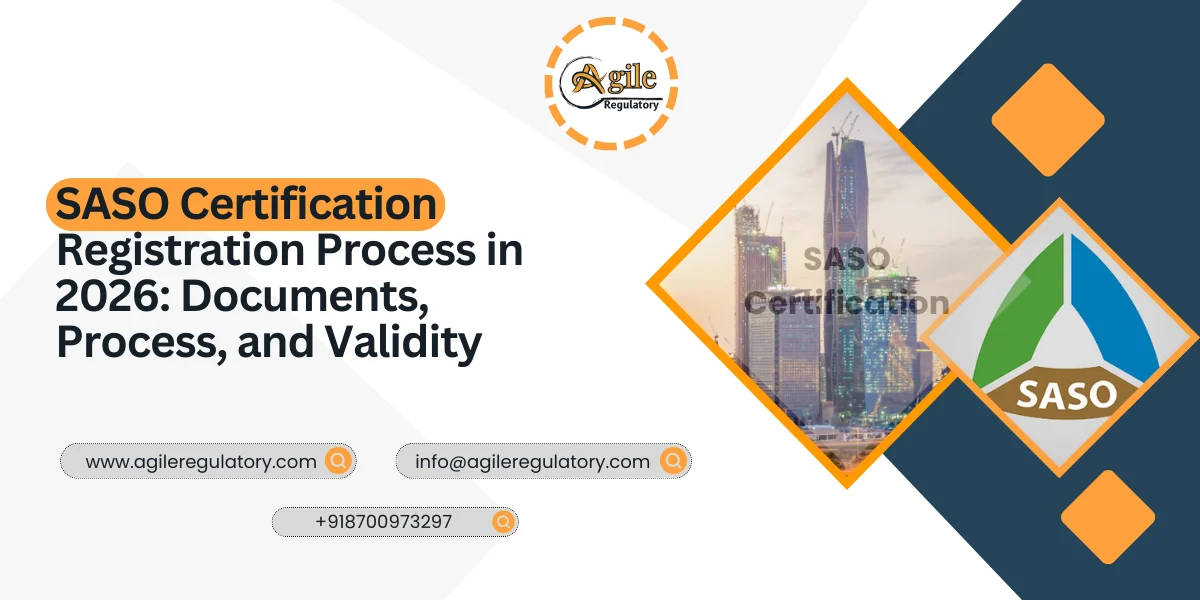
Get Instant Solution By an Expert Advisor
(4.8)


In the rich tapestry of culinary delights, spices play an integral role, adding depth, aroma, and flavour to a myriad of dishes. For businesses involved in the spice trade, ensuring quality and adherence to regulatory standards is paramount. The Spice Board Registration is a vital step in this journey, serving as a gateway to the global spice market. This blog delves into the significance of Spice Board Registration, the process involved, and the benefits it brings to spice traders.
The Ministry of Commerce and Industry oversees the Spice Board of India, a regulatory agency tasked with promoting and controlling the import, export, manufacturing, sale, and distribution of spices inside the country. The board, which was founded in 1987, takes the lead in making sure that Indian spices fulfil international quality requirements, thereby improving their standing internationally.
Spice Board Registration is synonymous with a commitment to quality. By obtaining this registration, spice businesses signal their adherence to the stringent quality parameters set by the Spice Board. This not only elevates the credibility of the business but also assures buyers of the quality of the spices they are purchasing.
In an increasingly interconnected global marketplace, Spice Board Registration acts as a passport for spice businesses to enter international markets. Many countries and buyers prefer to engage with registered spice exporters due to the assurance of quality and compliance that comes with the registration.
The registration process involves ensuring that the spice business complies with various regulatory standards, including hygiene, packaging, and labelling requirements. This not only benefits the business in terms of market access but also contributes to overall food safety and consumer satisfaction.
Fill out the prescribed application form provided by the Spices Board.
Pay the applicable govt. fee along with the application. The applicable fee depends upon the type of applicant.
Provide documents proving the legal existence of your business, such as the Certificate of Incorporation (for companies), Partnership Deed (for partnerships), or any other relevant document.
Submit a copy of the Permanent Account Number (PAN) card for the entity.
Provide address proof for the registered office or business premises, such as a utility bill or rental agreement.
Furnish details of the directors or partners, including their names, addresses, and contact information.
Submit the bank account details of the business.
If applicable, provide details of the spice handling facilities, including storage, processing, and packaging units.
Outline the quality control measures implemented by your business to ensure the quality of spices.
In case the applicant is involved in the business of export of spices, He needs to apply for an Import Export Code (IEC) from the Directorate General of Foreign Trade (DGFT).
Specify the types of spices your business is dealing with.
Include copies of any other relevant licenses or certificates required for your specific type of business.
Obtaining Spice Board Registration involves a series of steps to ensure that spice businesses adhere to the established norms and regulations:
The journey begins with the submission of a comprehensive application to the Spice Board. This application typically includes details about the business, its infrastructure, the types of spices dealt with, and other relevant information.
The Spice Board conducts a thorough examination of the submitted documents to ensure that they meet the stipulated standards. This verification process includes scrutinizing the business's infrastructure, quality control measures, and compliance with relevant regulations.
In on-site inspection of the spice processing unit is a crucial step. This involves evaluating the manufacturing facility, storage conditions, and overall hygiene practices to ascertain compliance with the prescribed standards.
The Spice Board assesses the quality control measures implemented by the business, including testing methods, adherence to good manufacturing practices, and measures to prevent contamination or adulteration.
Once the Spice Board is satisfied with the documentation and on-site inspection, they grant the Spice Board Registration. This approval signifies that the business has met the required standards and is eligible to export spices.
Spice Board Registration enhances the credibility of the business in the eyes of both domestic and international buyers. It serves as a testament to the commitment to quality and compliance with industry standards.
egistered spice exporters may be eligible for various incentives and benefits provided by the government. These incentives could include financial support, subsidies, or access to promotional programs aimed at boosting spice exports.
The Spice Board Registration is recognized globally, opening doors to international markets. Many countries and importers look for this registration as a prerequisite for engaging in spice trade, providing registered businesses with a competitive edge.
Registration ensures that the spice business adheres to the highest quality and safety standards. This not only satisfies regulatory requirements but also contributes to building a positive image for Indian spices in the global market.
In the vibrant world of spices, the Spice Board Registration stands as a testament to the commitment of spice businesses to quality, safety, and compliance. It is a pivotal step for those looking to venture into the global spice market, providing not just a stamp of approval but a gateway to new opportunities.
As spice enthusiasts savour the diverse flavours that spices bring to their kitchens, the Spice Board Registration in India plays a behind-the-scenes role, ensuring that these flavours meet the highest standards on a global stage. For spice businesses, it's not just a registration; it's a key that unlocks a world of possibilities and positions them as custodians of India's rich spice heritage in the international market.

 Nishi Chawla
Nishi Chawla
27 Feb, 2026

 Vanshika Mathur
Vanshika Mathur
26 Feb, 2026

 Divya Saxena
Divya Saxena
26 Feb, 2026

 Nishi Chawla
Nishi Chawla
26 Feb, 2026

 Nishi Chawla
Nishi Chawla
26 Feb, 2026

Get Instant Solution By an Expert Advisor
(4.8)
We simplify compliance through a proven 4-step process: Consultation, Documentation, Submission, and certification. From understanding requirements to getting final approvals, we deliver a smooth, timely, and fully compliant journey for your business.
What our customer says about us
Fantastic support from the team. Their expertise transformed our approach, driving remarkable outcomes. A must-have partner for businesses seeking effective consulting solutions. Highly recommended.

KTPL Instruments
Agile Regualtory delivers exceptional solutions. Their insightful guidance streamlined our processes and boosted profitability. Highly recommended for businesses seeking expert consulting services to thrive.

Justrack IOT
Impressed by Agile Regulatory's expertise. Their strategic insights and practical solutions have elevated our business operations. A reliable partner for effective consulting services. Highly recommended for growth-focused businesses.

Coaire Compressor
Extraordinary consulting services. Their insightful solutions and dedicated team reshaped our business, driving remarkable improvements. Highly recommend it for transformative results.

Easy Polymer
Incredible experience with Agile Regulatory. Their innovative strategies and expert advice revitalized our business model, resulting in impressive growth. Highly recommend their exceptional consulting services.

Tarus International
Top-tier consulting! offered strategic solutions that revolutionized our approach. Their deep expertise and personalized guidance made a significant impact on our success. Highly recommend their services.

Anchor Weighing
Agile Regulatory exceeded expectations! Their tailored solutions, expertise, and proactive approach led to remarkable results. Highly recommend for businesses seeking impactful and strategic guidance.

AM Capacitor
Outstanding service! delivered targeted solutions with professionalism and expertise. Their insights elevated our business strategies, resulting in noticeable growth. Highly recommended for exceptional consultation.

Imaxx Pro Aquistic
Leave a Reply
Your email address will not be published. Required fields are marked *